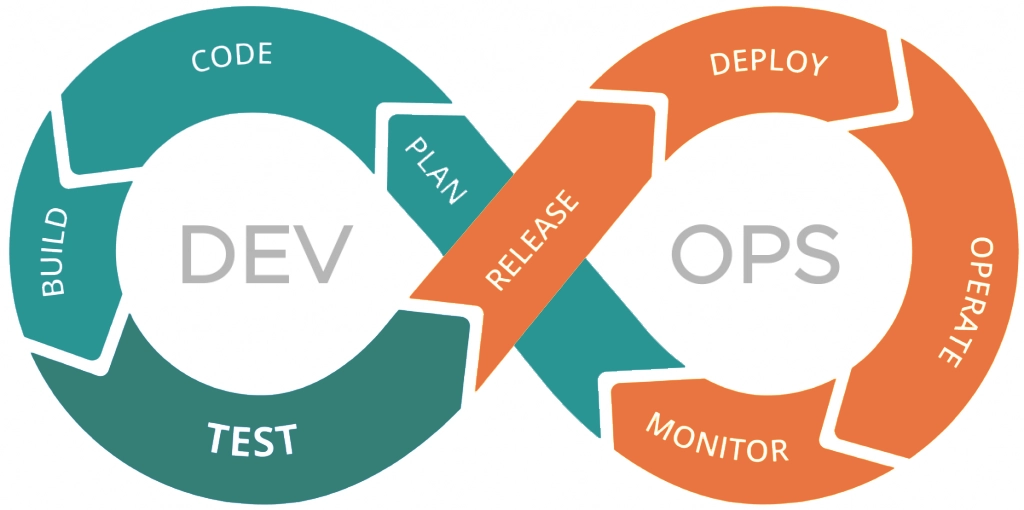DevOps is a cultural and technical movement that has revolutionized the way software development and operations teams work together. It’s a set of practices that combines software development (Dev) and IT operations (Ops) to create a streamlined, agile, and automated approach to building and deploying software. DevOps can have a transformative effect on businesses, and in this article, we’ll explore some of the ways in which it can do so.
- Faster time to market
One of the most significant benefits of DevOps is that it can help businesses bring new products and services to market faster. By breaking down the silos between development and operations teams, DevOps promotes collaboration and communication, which can help streamline the entire software development lifecycle. This, in turn, enables businesses to release new features and updates to customers more quickly and efficiently.
- Improved quality
DevOps is built on a culture of continuous improvement, which means that quality is baked into the development process from the outset. By automating testing, deployment, and monitoring, DevOps teams can catch bugs and issues early on in the development cycle, before they become major problems. This helps to improve the overall quality of the software and reduces the risk of downtime and outages.
- Greater scalability
With DevOps, businesses can scale their software and infrastructure more efficiently and effectively. By using automation and orchestration tools, DevOps teams can manage infrastructure and applications at scale, without having to rely on manual processes. This makes it easier to handle spikes in traffic and demand, and ensures that the software remains performant and available at all times.

- Increased agility
DevOps is all about being agile and responsive to change. By using continuous integration and delivery (CI/CD) pipelines, DevOps teams can make changes to the software and deploy them quickly and safely. This enables businesses to respond to customer feedback and market changes more quickly, which can give them a competitive advantage.
- Enhanced collaboration
DevOps promotes a culture of collaboration and teamwork, which can help to break down silos within organizations. By working together, developers and operations teams can share knowledge and expertise, which can lead to better solutions and faster problem-solving. This, in turn, can help to foster a more positive and productive working environment.
- Improved security
Security is a critical concern for businesses, and DevOps can help to address some of the most pressing security challenges. By building security into the development process from the outset, DevOps teams can ensure that security is a priority at every stage of the software development lifecycle. This can help to reduce the risk of cyber attacks and data breaches, which can have a significant impact on businesses.
In conclusion, DevOps can transform businesses by promoting collaboration, streamlining processes, improving quality, and enhancing agility and scalability. By adopting DevOps practices, businesses can release software faster, respond to change more quickly, and ensure that their software remains secure and reliable. DevOps is not just a set of tools and processes; it’s a cultural shift that can help businesses to stay competitive and innovative in a rapidly evolving digital landscape.


